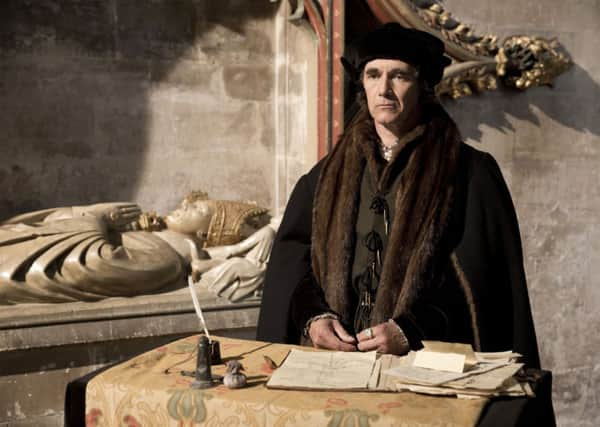MPs attack ‘unjustifiable’ BBC TV licensing fee


In a new report on the future of the corporation published today, the Commons culture, media and sport committee has recommended consideration of a cheaper German-style broadcasting levy on all households as a “preferred alternative” to the annual fee, which currently stands at £145.50.
The committee also called for an end to “anachronistic” criminal penalties for non-payment of the licence fee, saying that non-payment should be pursued through civil courts. And it said that the BBC Trust, which has “failed to meet expectations”, should be abolished.
Advertisement
Hide AdAdvertisement
Hide AdIn the report, which comes ahead of the renegotiation of the BBC’s charter, the committee concluded the corporation has tried for too long to provide “something for everyone”.
MPs from across the political spectrum said the BBC should instead reduce provision in areas where others are better placed to deliver excellence and better value for money, and make bigger, braver decisions on strategy.
“The BBC must make the most effective use of licence fee payers’ money and should not be trying to do everything itself,” it stated. “We believe the forthcoming round of charter review should not rush profound changes such as the abolition of the licence fee model but the BBC must prepare for the possibility of a change in the 2020s.
“We recommend that, as a minimum, the licence fee must be amended to cover catch-up television as soon as possible.”
The report said “public trust in the BBC dipped” as a result of recent controversies, including “excessive severance payments” which saw George Entwistle receive £450,000 despite serving only 54 days as director general, the £100 million failed Digital Media Initiative, the corporation’s handling of the Jimmy Savile scandal and a Newsnight investigation that led to the late Lord McAlpine being wrongly accused of child abuse.
Committee chairman John Whittingdale said the BBC had “suffered from a succession of disasters of its own making” in recent years but that the broadcaster “remains a widely admired and trusted institution”.
He said of the licence fee: “In the short term, there appears to be no realistic alternative to the licence fee, but that model is becoming harder and harder to justify and sustain. We also consider it anachronistic that it is a criminal offence to evade the licence fee, it is completely out of step with non-payment of other services and penalties.
“The BBC should tailor its output to what it does best, and not stray into areas that can and should be left to commercial providers to do well. It is pointless and wasteful having an organisation receiving that kind of public funding competing with – and potentially crowding out – other providers.”
Advertisement
Hide AdAdvertisement
Hide AdHe added: “The BBC Trust has failed to meet expectations and should be abolished. It remains far too close to the BBC and blurs accountability rather than it being a sharp and effective overseer of the BBC’s performance as a public service institution.”
Last night a BBC spokesman said: “This report confirms the importance of the BBC in national life and recommends maintaining and modernising the licence fee, something we have said is necessary.
“We’re grateful to the committee for endorsing our record for efficiency and maintaining the quality of programmes and services, and note members overwhelmingly voted against moving to a subscription funding model.”
FOLLOW US
SCOTSMAN TABLET AND MOBILE APPS